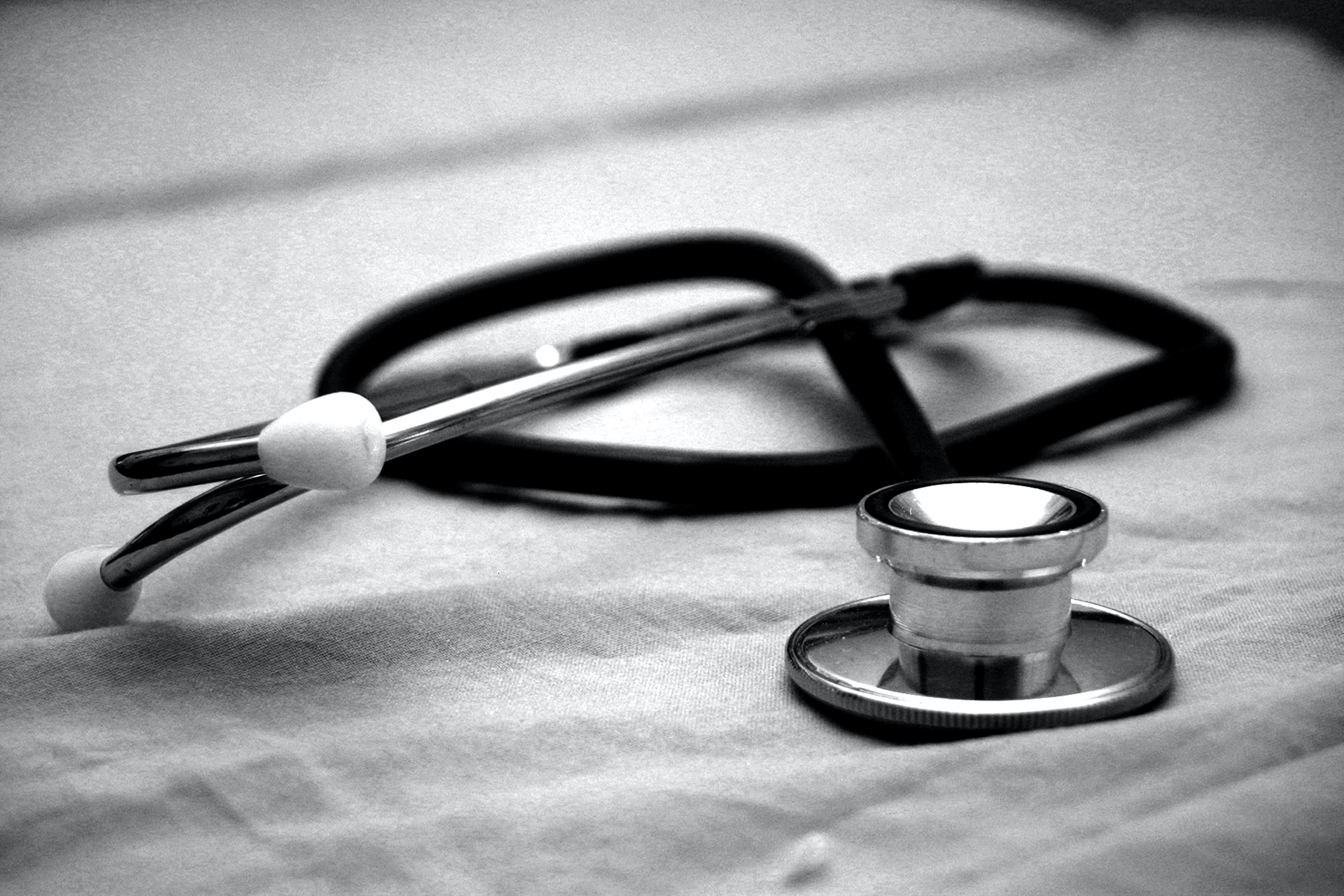Acne, Eczema, Psoriasis, Photosensitivity, Bullous eruptions
As long as these conditions are under sufficiently good control so that there is:
- no significant irritation or distraction;
- no possibility of a sudden flare-up with significant symptoms;
- acceptable treatment (see below),
then certification can be maintained.
Otherwise the pilot will need to be declared “unfit” and a report sought from a consultant dermatologist. Class 2 OSL may be considered in some cases. In all cases where doubt exists or control is sub-optimal an opinion should be sought from a consultant dermatologist.
Many topical treatments are acceptable after refraining from flying whilst symptoms are brought under control and ensuring that there are no side effects from the treatment. A few topical treatments can themselves cause irritation/pruritus or even drowsiness. Long-term low dose Erythromycin or Tetracycline treatment for acne is acceptable following 2 days of refraining from flying after initially starting treatment whilst ensuring that no side-effects occur.
Ustekinumab may be acceptable for aeromedical certification where prescribed for psoriasis. See Guidance for Ustekinumab.
Guidance on cytotoxic or immunosuppressant drugs can be found in “Medication used in gastrointestinal conditions”. See also Isotretinoin policy.
Care must be taken to ensure that associated conditions e.g. arthropathy with psoriasis, are considered.
Skin infections
Provided that the infection is not of risk to others, that there is no significant irritation or distraction, and that the infection is limited to the skin and not systemic, there is no restriction to certification. Acute infections, where the immediate course is uncertain, require a period off flying until resolved. Topical antibiotics, antifungals or antiviral treatments are acceptable after refraining from flying whilst symptoms are brought under control and ensuring that there are no side effects from the treatment.
The only systemic antifungal that is permitted is Terbinafine for fungal infection of the nails. Flying is not permitted within two weeks of the start of treatment and LFTs need to be monitored throughout treatment.
Skin malignancy
Squamous cell carcinoma, Bowen’s disease and Paget’s disease of the nipple are disqualifying before treatment. Unrestricted certification for Class 1 and Class 2 is possible for localised disease after complete excision, provided confirmation of this is obtained from the relevant specialist and adequate follow-up is in place.
Basal cell carcinoma, keratoacanthoma, actinic keratosis must be treated as soon as possible after diagnosis. Immediate grounding is not necessary, however specialist reports should be obtained following treatment. Unrestricted certification for Class 1 and Class 2 is acceptable following full excision or satisfactory alternative treatment.
See also malignant melanoma section in Oncology guidance material.

